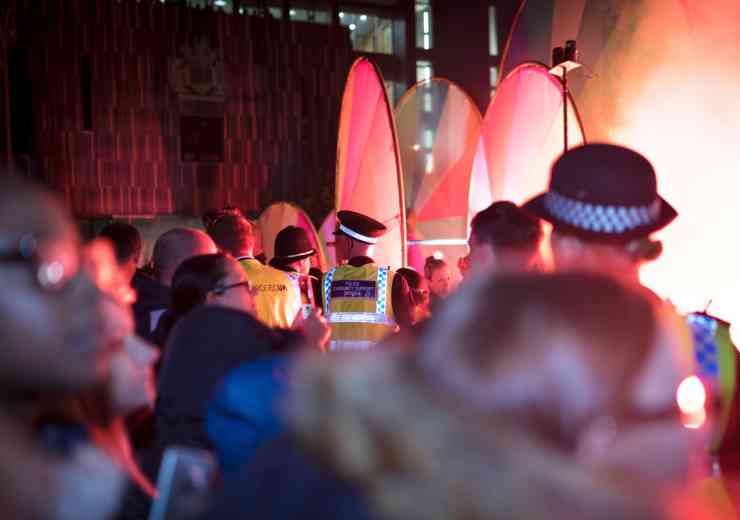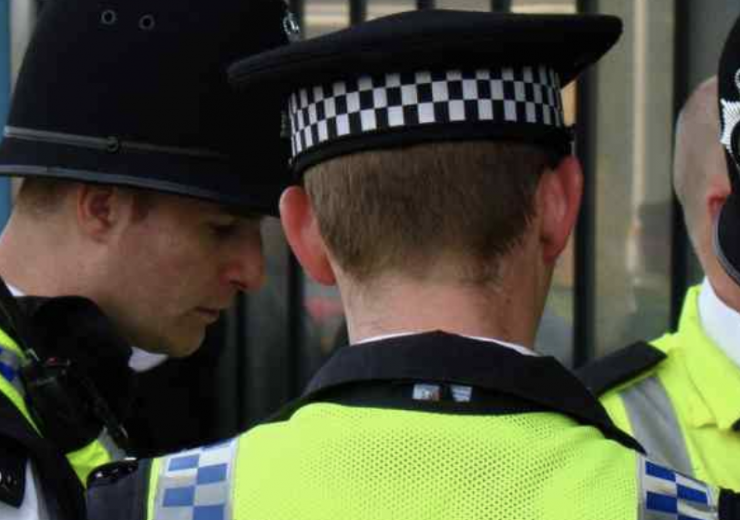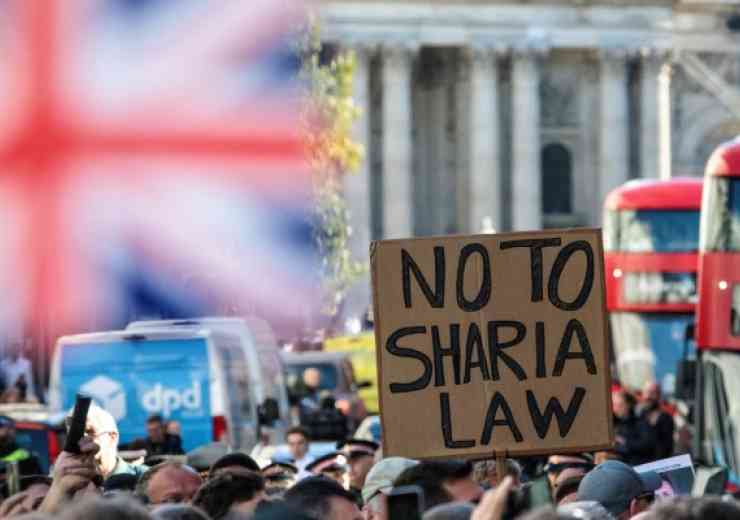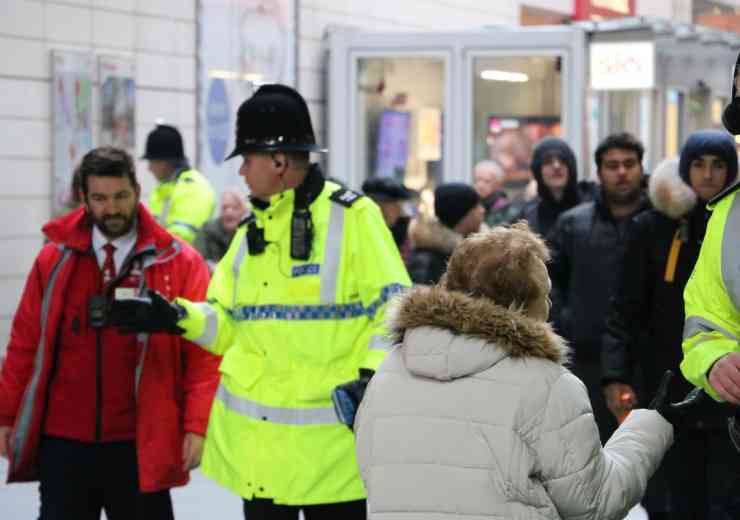Counter terror chief calls on media to stop giving terrorists a voice

Head of Counter-Terrorism Policing Neil Basu has spoken out regarding the hypocrisy of the mainstream media, referring to how it has been criticising social media platforms for terrorist content while simultaneously publishing content in print or online.
In an open letter published on March 20, Assistant Commissioner Basu said:
“It is time to have a sensible conversation about how to report terrorism in a way that doesn’t help terrorists”
Basu called the behaviour of media companies 'ironic' as they have criticised social media platforms for not acting fast enough to remove extremist content while simultaneously making “the rambling ‘manifestos’ of crazed killers available for download”.
After the Christchurch terror attack last week, the Mail Online published a link to the 74-page “manifesto” issued by the perpetrator. The Mail Online and the Mirror also published videos of the attack but have subsequently deleted them.
Basu echoed the plea from New Zealand’s Prime Minister Jacinda Ardern, who asked others to join her in refusing to name the terrorist:
“Every terrorist we have dealt with has sought inspiration from the propaganda of others. When they can’t find it on Facebook, YouTube, Telegram or Twitter they only have to turn on the TV, read the paper or go to one of a myriad of mainstream media websites struggling to compete with those platforms.”
The man responsible for the terror attack outside a Finsbury Park mosque two years ago was found to be inspired by far-right messaging in mainstream media.
Basu added: “Journalists often respond to such claims by talking about what is ‘in the public interest’. I would argue that the safety of UK’s citizens is surely the most important ‘public interest’ of all.
“And it’s not just the obvious criminal and terrorist content that needs to be removed (and I believe everyone wants that removed, including the companies themselves), it’s also the torrent of hate and abuse below a criminal threshold that follows any act of terror, or any attempt to have a reasonable conversation about terrorism.
“It’s driving decent people out of the debate and off the internet, creating a permissive environment capable of pushing the most extreme ideologues over the edge.
“Society needs to look carefully at itself. We cannot simply hide behind the mantra of freedom of speech. That freedom is not an absolute right, it is not the freedom to cause harm – that is why our hate speech legislation exists.
“I would like to invite editors to debate this with the survivors of terrorism and those of us trying to counter it.”
digital issue

























